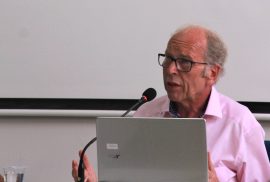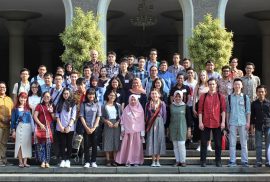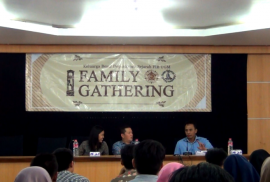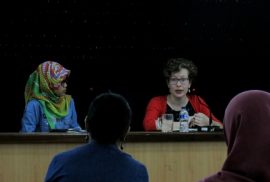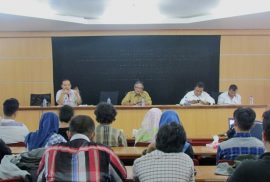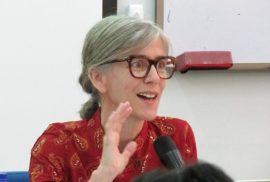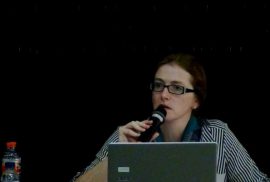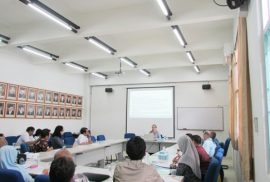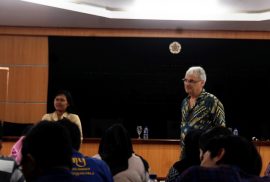Buku Hans Visser yang berjudul Wieteke van Dort: Kind van Twee Culturen; Een familiekroniek baru terbit pada tanggal 25 Oktober 2018. Namun, sebagai wartawan yang bekerja Noor d-Holland Dagblad, tampaknya Hans cukup tertarik untuk segera menceritakannya ke publik.
Pada kamis, 2 November 2018, Departemen Sejarah UGM, mengundang Hans untuk menceritakan kehidupan Wieteke van Dort. Acara tersebut diadakan pada jam 1 hingga jam 15.00 di Ruang Sidang 1, Gedung Poerbatjaraka, FIB, UGM.
Menurut Hans, hal yang menarik dari Wieteke adalah asal-usul dua kebudayaan yang telah memengaruhinya, Jawa dan Belanda. Ya, semua itu karena Wieteke memang seorang Indo. Lahir di Surabaya pada 16 Mei 1943, Wieteke adalah putri dari seorang ayah berdarah Belanda dan ibu yang asli orang Jawa. Sayang, ketika ia sedang mengunjungi Belanda pada usia 18 tahun, keluarganya memutuskan untuk menetap di Den Haag.

